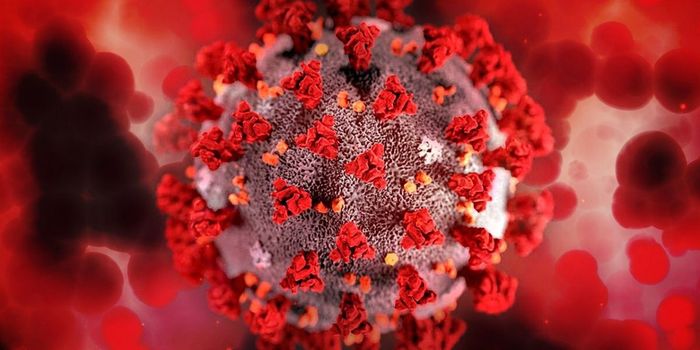New Evidence: Potassium For Lowering Blood Pressure
The power of potassium goes beyond bananas and leg cramps; multiple potassium-rich foods including sweet potatoes, avocados, spinach, beans, and coffee perform blood pressure-lowering activities in the body that contribute to an overall lower risk of heart disease.
University of Southern California professor Alicia McDonough, PhD reviewed the literature surrounding potassium and its potential to lower blood pressure. "Decreasing sodium intake is a well-established way to lower blood pressure," she said, "but evidence suggests that increasing dietary potassium may have an equally important effect on hypertension."
How is potassium involved in the relationship between dietary sodium and blood pressure? Population studies showed that dietary potassium could lower blood pressure independently of sodium intake, and interventional studies confirmed this connection by showing that potassium supplementation directly benefitted healthy blood pressure. In rodent studies though, results showed that the body uses sodium to regulate potassium levels in the blood.
"When dietary potassium is high, kidneys excrete more salt and water, which increases potassium excretion," McDonough explained. "Eating a high potassium diet is like taking a diuretic."
A typical Western diet is high in sodium and low in potassium, virtually the opposite of what our leaner, more heart healthy, and more primitive ancestors ate. McDonough’s findings from her review strongly suggest that increasing consumption of potassium-rich foods will lower blood pressure.
Now, the question that everyone is asking: how much potassium do I need to eat every day to be healthy? One study reviewed by McDonough recommended at least 4.7 grams per day. According to the study’s results, this amount of potassium has the ability to lower blood pressure, balance sodium intake, and reduce risk of kidney stones and bone loss.
High blood pressure affects billions of people across the globe, and researchers estimate that it is responsible for half of all stroke deaths and heart attack deaths.
McDonough’s review is published in the American Journal of Physiology - Endocrinology and Metabolism.
Sources: University of Southern California - Health Sciences, Centers for Disease Control and Prevention









